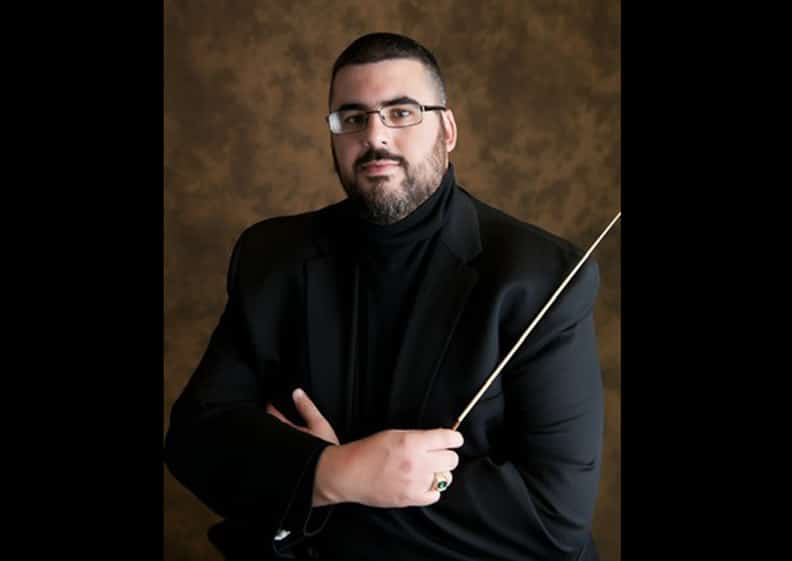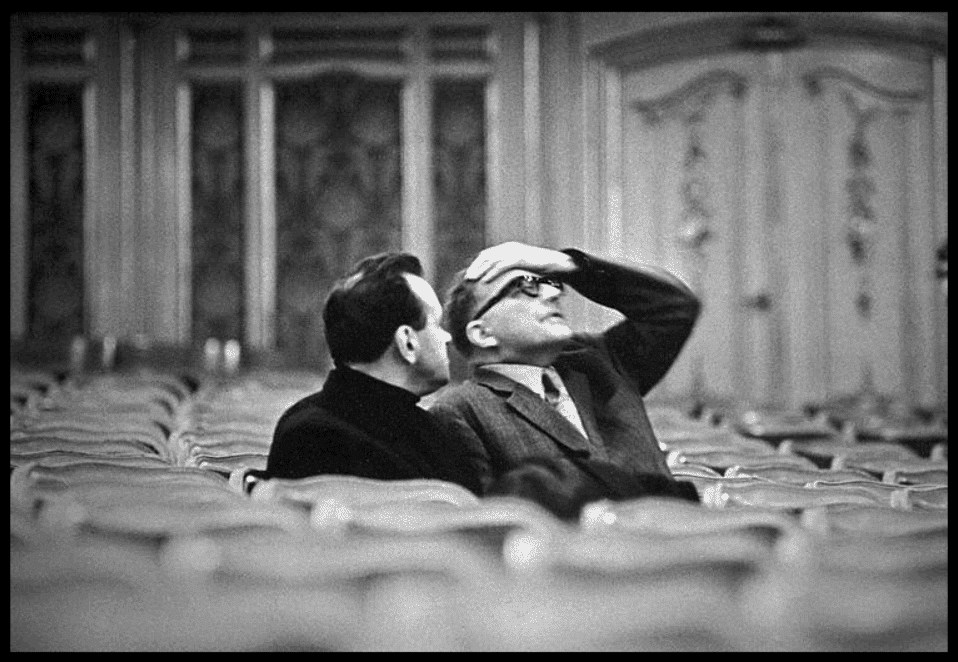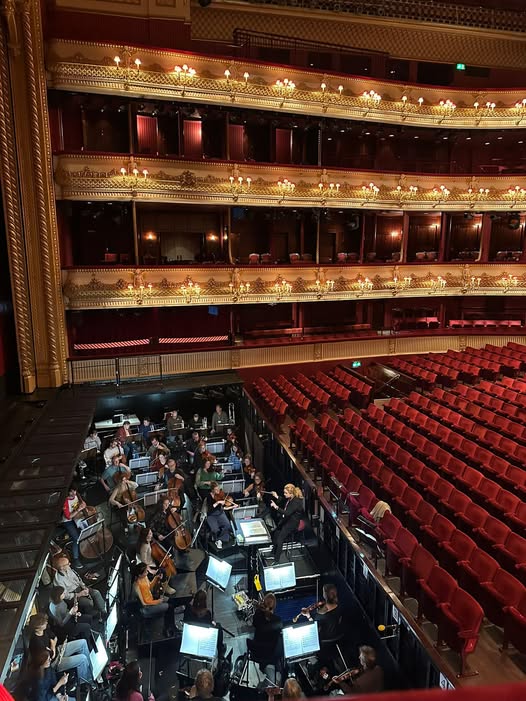How to get more out of your music lesson. (Hint: press ‘record’)
mainRob Knopper, percussionist of the Metropolitan Opera orchestra, writes:
Lessons are the cornerstone of your musical education. they’re the most important hour of your entire week. The people you took lessons with are on the first page of your freaking resume and at the end your bio, even if you already play with a top-5 orchestra!
Your entire college decision should be largely based on who you’re going to study with, people. I can’t stress this enough (how exactly should you choose a college? that’s a topic for another time.)
Ok, so you’ve arrived, you’re in school, and you’re taking these great lessons from your teacher. They’re expensive and so valuable that every minute is like pure gold. how do you get the most out of each and every minute of every lesson? Click here for answers.






If you can. I had an art teacher who explicitly forbid any recording of his instruction.
It would be hard to find an instrumental teacher who would not allow their lessons to be recorded these days… of course one should always ask permission first. There are growing numbers of teachers who require it.
Nice photo of Roman Totenberg, nearly age 100, going over music in his kitchen.
Nice photo of a near-centenarian Roman Totenberg going over music in his kitchen (Newton, Massachusetts).
And perhaps the student looks to be a young Daniel Han, one of Totenberg’s students who became a member of the Philadelphia Orchestra, from the glimpse we have of his face.
Well…
Nothing compares to the development of presence and attention.
Long before any form of sound or image recording existed, musicians taught pupils. Those who had the talent and the discipline and paid attention went on to become great players. Those who did not (especially those who did not have discipline and paid little attention) did not become good players.
One of the greatest teachers around once told a foreign student (who was recording the instruction to better understand it later) to ”listen with his heart”.
The best thing to do in a lesson (provided one arrives to it prepared) is to pay attention and, directly after, sit down and make notes. How much the student remembers is a measure of the quality of his or her attention. Developing this needs to be part of the process of learning. When the student finds that certain aspects of the lesson remain blurry (in spite of his or best best efforts to pay attention), then said student has another essential tool in the process of learning at his or her disposal: asking the right question in the next lesson.
And yes, lovely picture of Roman Totenberg, my old teacher in the year 82-83. He was a sweet man.
One of my good friends is taking voice lessons, and she is having a hard time dealing with her teacher. But, she really likes learning different techniques to improve her singing. I’ll have to show her this website next time I see her. I think this will really help her get more out of her voice lessons. http://www.torontofacultyofmusic.com